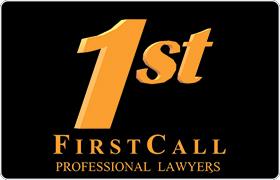Valley Village Juvenile Law Lawyer, California
Sponsored Law Firm
-
 x
x

Click For More Info:
-
First Call Legal Services Corporation
530 Hacienda Dr Unit 101B Vista, CA 92081» view mapCriminal Defense Effective. Versatile. Decisive.
Our vision is to build strong, trust-based client relationships from our first handshake. Every challenge is an opportunity. You need the RIGHT PEOPLE for the job you want done.
760-690-3999
Gina Tennen
✓ VERIFIEDCriminal, Military, Juvenile Law, White Collar Crime, RICO Act
LibertyBell Law Group consists of a group of elite criminal defense attorneys who have become some of the most sought after lawyers in the nation. Our... (more)
Frederick Matthew Goldberg
Juvenile Law, Traffic, Domestic Violence & Neglect, White Collar Crime
Status: Inactive
Brian J Smith
Divorce & Family Law, Juvenile Law, DUI-DWI, Criminal
Status: In Good Standing Licensed: 46 Years
 First Call Legal Services Vista, CA
First Call Legal Services Vista, CA Practice AreasExpertise
Practice AreasExpertise

